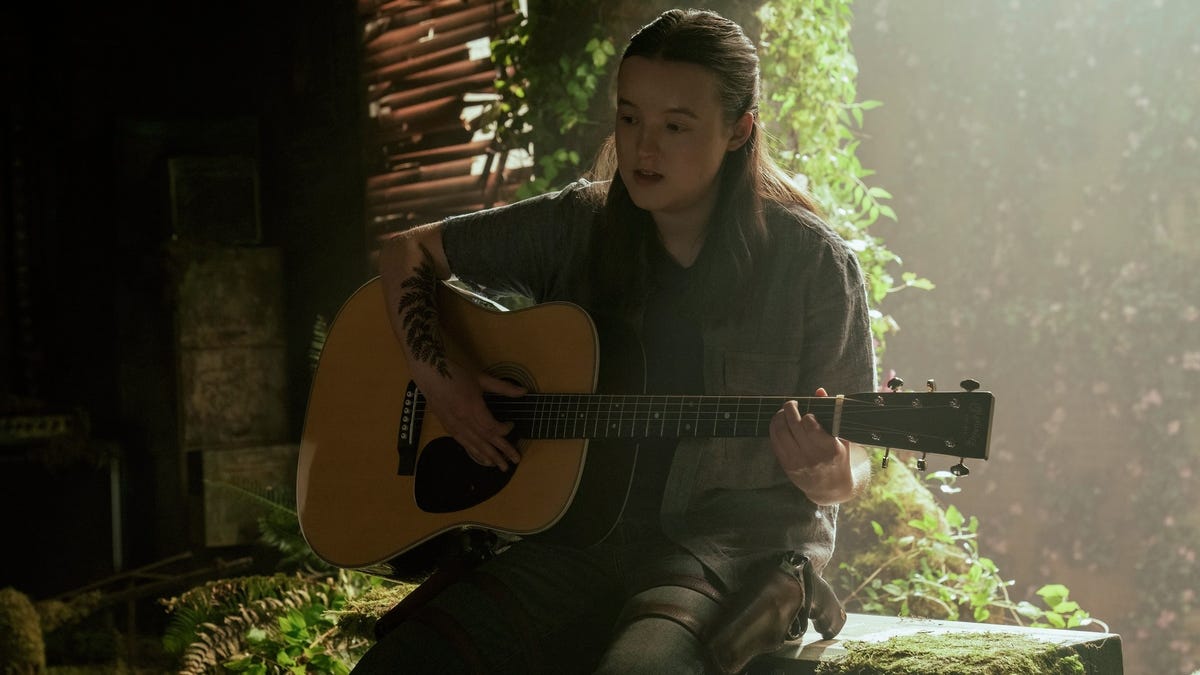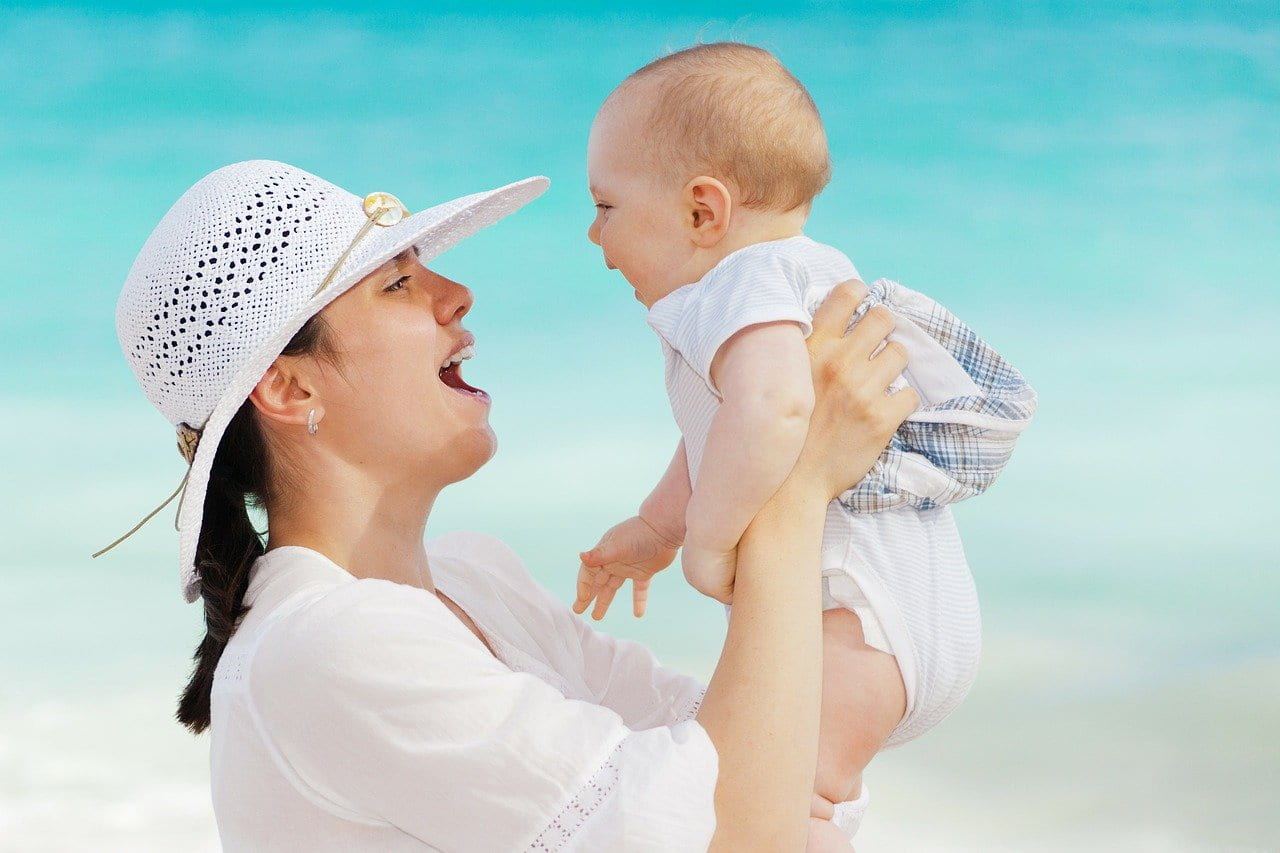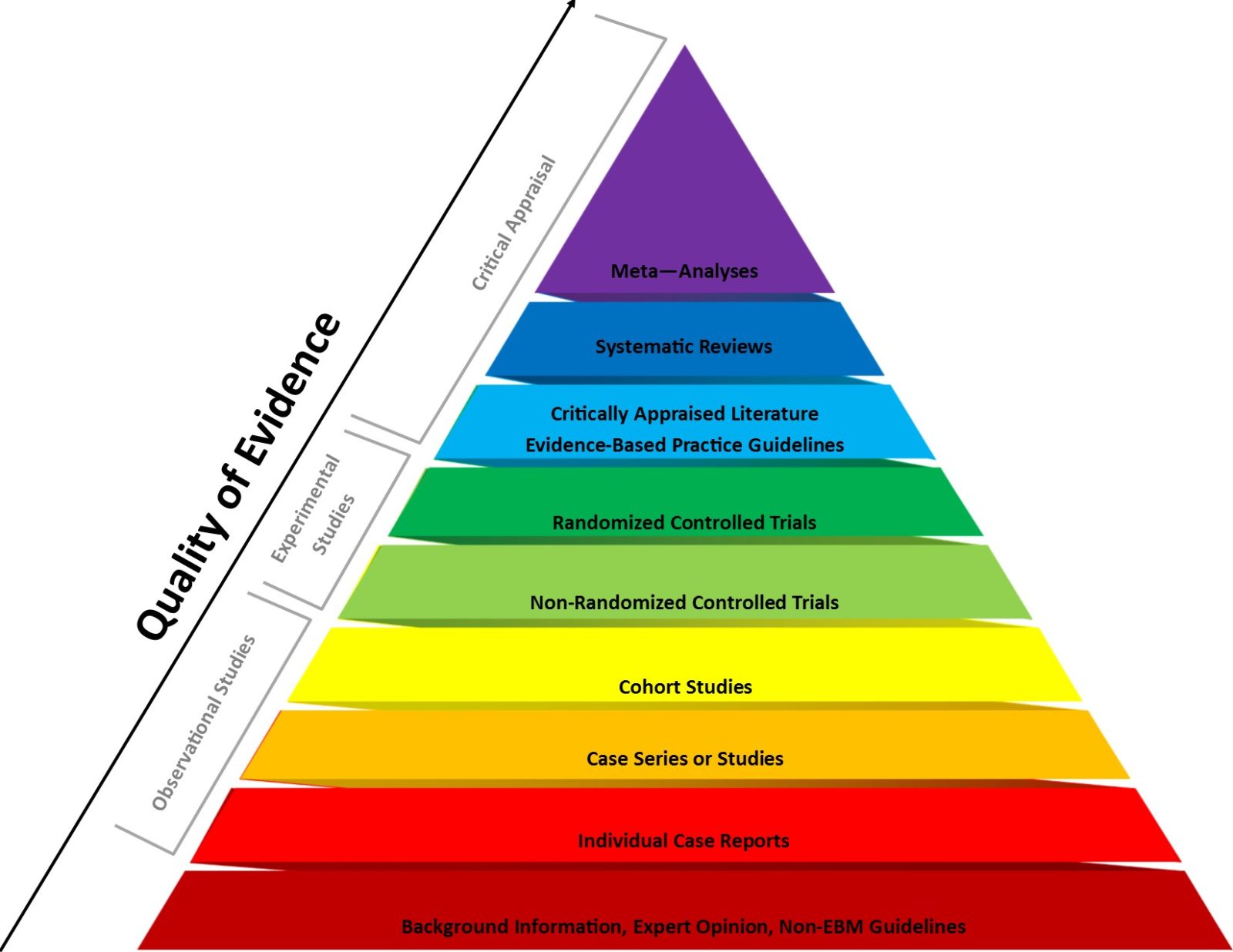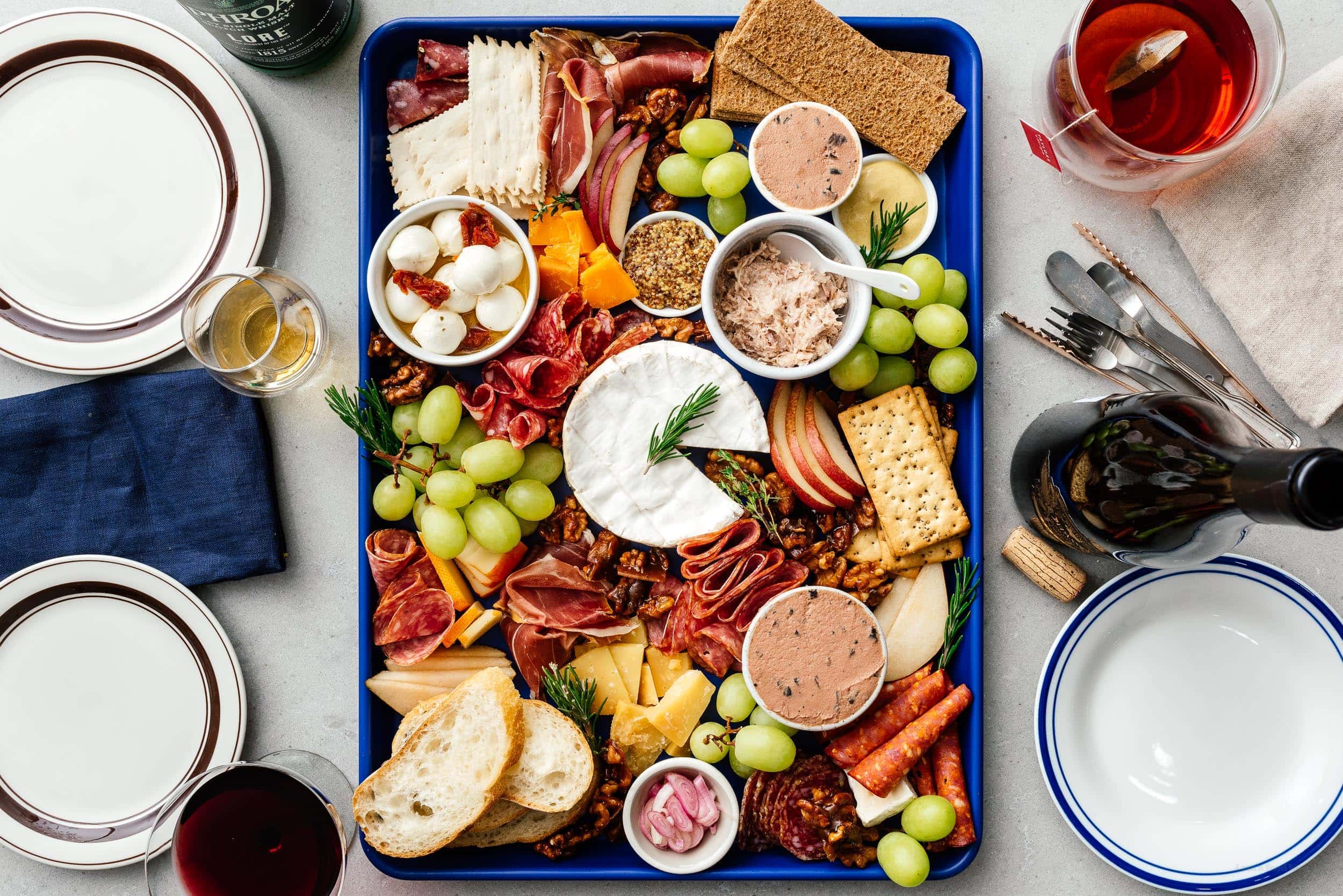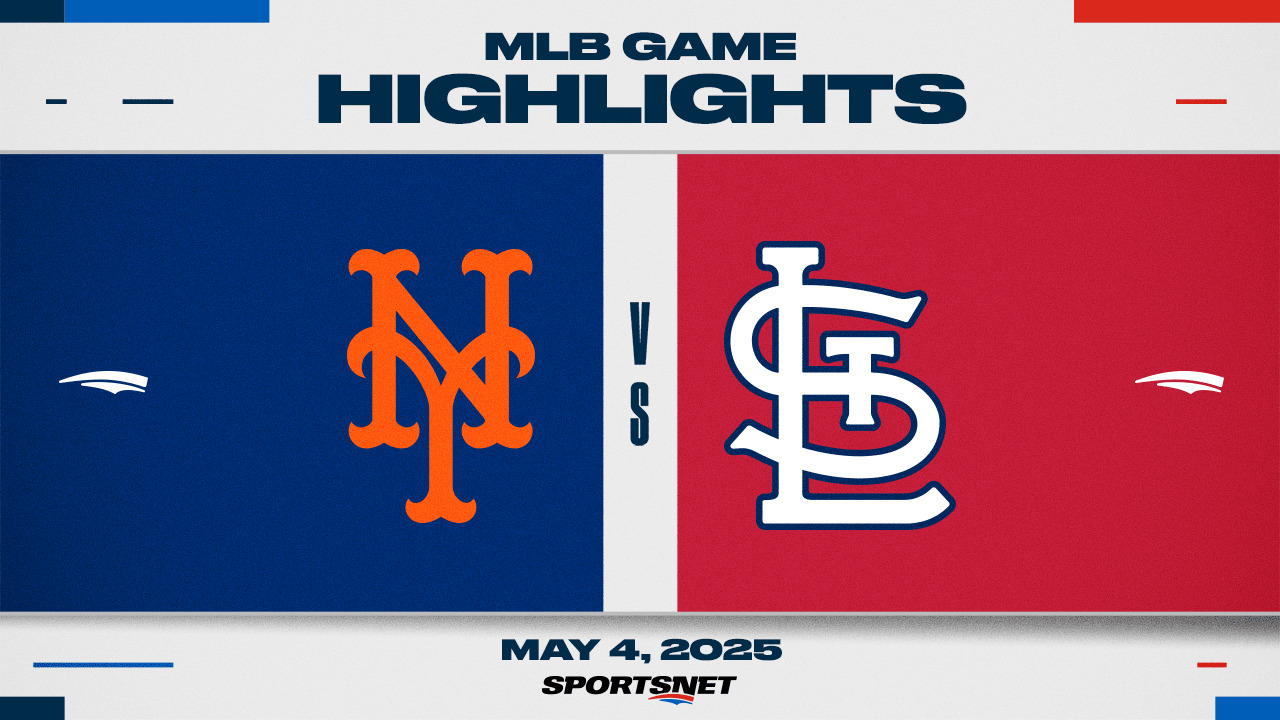Democratic rep: Party not having standard-bearer 'a good thing'
Rep. Jake Auchincloss (D-Mass.) believes that the Democratic Party's lack of a standard bearer is a good thing as it allows for diverse opinions and ideas to be debated without "ideological straitjacket."

Rep. Jake Auchincloss (D-Mass.) in a recent interview said he believes it's good the Democratic Party "doesn’t have a standard-bearer" despite plummeting popularity and mounting frustration from its base, claiming it provides an opportunity for diverse opinions.
"You may think that’s a bad thing; I disagree. I think that’s a good thing, because what it means is that we are free to debate big ideas without being in an ideological straitjacket," Auchincloss told Fox News's Laura Ingraham during an appearance on her show Thursday night.
Democrats have struggled to identify a figurative head cheerleader after voters elected President Trump back into the White House last November and sent GOP majorities to the House and Senate.
Sen. Bernie Sanders (I-Vt.) and Rep. Alexandria Ocasio-Cortez (D-N.Y.) have pulled large crowds at recent events appealing to the party's progressive wing, while some traditional Democrats have argued that the party needs to move away from positions that could alienate a broader electorate.
Auchincloss, during his discussion with Ingraham, advocated for Democrats to embrace a complete system overhaul in order to give more power to moderates.
"We should do what Alaska and Louisiana have done, both red states, and allow every voter and every candidate for to participate in every taxpayer-funded election," he said. "That way you empower the median voter. That's the big idea the Democrats should be focused on."
Republican leaders have already sought to chip away at the open primary systems those states use, though.
Louisiana will hold closed primaries for some elections, including Congress, starting in 2026, after the Legislature approved the change last year.
Under the Pelican State's unique "jungle primary" system, races have been decided since the 1970s by putting all candidates — regardless of party — on one ballot. If no one gets more than 50 percent of the vote, then the top two vote-getters face each other in a runoff a month later. In some elections, that can mean the final vote is decided between two Republicans or two Democrats.
Alaska, meanwhile, has used a "ranked choice" system in state and federal elections since 2022 after voters narrowly approved the switch through a 2020 ballot measure. Under the state's new process, voters rank candidates on the ballot by preference. If no candidate gets 50 percent of the top choice votes outright, the ranked votes are counted in rounds until a winner is determined.
Rep. Nick Begich (R-Alaska), who is the Last Frontier state's lone House member, has proposed legislation in Congress that would bar states from using ranked-choice voting in federal elections.
"One person, one vote’ is a proven, tried and true method that is easy to understand, easy to audit, and quick to report," Begich, who won his seat in a ranked-choice election last year, said in a statement Monday.
"Experiments with our national election systems risk disenfranchisement of voters and lead to outcomes that do not represent the true will of the American people," he added.


























